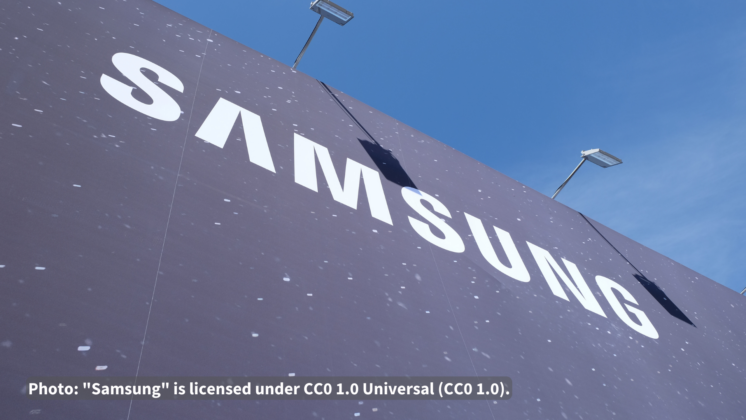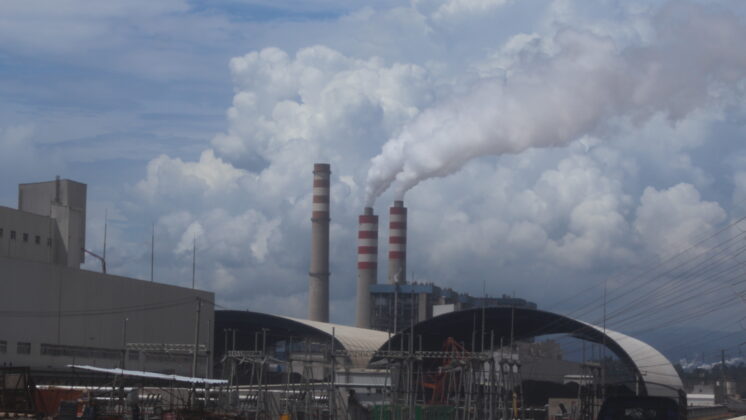Under pressure from many different sources, more than 20 IT brands have responded to questions from environmental NGOs, and have set out to strengthen the environmental management of their supply chains. A report by Friends of Nature, The Institute of Public & Environmental Affairs, Envirofriends, Nature University & Nanjing Greenstone.
Executive summary
The IT industry’s highly developed global supply chains have brought with them better efficiency and massive profits. However, this has also created huge CSR challenges. Over the past few years, incidents such as Foxconn workers committing suicide has highlighted problems with labor rights in the IT industry and caused these problems to become more widely known. Furthermore, since April 2010, a number of Chinese environmental NGOs have released a series of Green Choice Alliance investigative reports, which have built up public recognition of pollution problems in the IT industry.
Under pressure from many different sources, more than 20 IT brands have responded to questions from environmental NGOs, and have set out to strengthen the environmental management of their supply chains. One of the brands that has undergone the biggest transformation is Apple. After a long period of reluctance and resistance, Apple finally overcame their original state of denial and began to communicate with the environmental NGOs. They then decided to comprehensively follow-up on the questions raised by the NGOs about their supply chain pollution problems. After a long process of communications and debates, in April 2012, Apple decided to conduct trial third party audits overseen by the NGOs to push its suppliers to correct their environmental violation problems.
Both Apple and the NGOs, in a step by step process, gradually came to a common understanding to push highly polluting materials suppliers to make real changes. Out of the whole IT industry the most polluting, energy and water intensive processes are the main materials production sector of the industry and more specifically, the PCB sector. In response to the questions raised by the NGOs, Apple has pushed three major global PCB suppliers to undergo third party audits, overseen by the environmental NGOs. The report will give details on improvements that have been made at these three companies and will also highlight their best practice in wastewater management, hazardous waste management and water use efficiency.
The environmental NGOs hope that Apple can take this good practice and extend it to more suppliers. The NGOs also hope that more brands and suppliers will adopt these good practices and help to clean up the highly polluting IT materials production processes.
While looking at the progress that Apple made with the environmental management of their supply chain, the report also lists a number of things that Apple needs to continually improve on.
These include a number corrective actions that suppliers have still not completed, complaints from a number of local communities that they are still being affected by pollution problems, suppliers identified as having pollution records not being pushed to explain their violation records in a timely fashion, and not pushing suppliers to disclose discharge data. In addition to these points, the environmental NGOs hope that Apple can work with the government, labor groups and workers to resolve some of the problems with labor rights and occupational injuries that exist in their supply chain.
In addition to Apple, a number of other IT brands have responded to the attention they have been under, and have strengthened the environmental management of their suppliers. Under pressure from companies like Siemens, Panasonic, Nokia, Philips, Apple and Microsoft, more than 100 companies have provided explanations on the problems that they had and what corrective measures they have taken to rectify these problems. When many brands start to develop these kinds of green procurement practices it not only pushes a real reduction in emissions, but also makes a large number of suppliers realize that they need to be accountable to communities and the general public, which helps to establish a sense of environmental responsibility.
At the same time, the performance of some of the other brands has not been good. Both Canon and LG have been reported negatively by Chinese and international environmental groups for their supply chain management. To date they have still not established a search mechanism to pro-actively identify problem suppliers. Also, out of the 33 IT brands that have been ranked, HTC has not responded at all to questions raised by the NGOs about its supply chain pollution. The environmental NGOs call on consumers to let these brands know that this is not acceptable and they must change in order to help clean up the IT industry’s pollution problems.
Read the whole report http://www.ipe.org.cn/en/about/notice_de_1.aspx?id=10958











